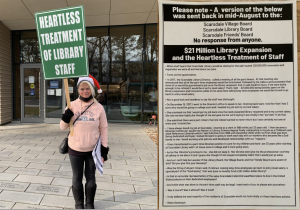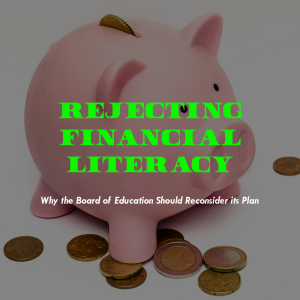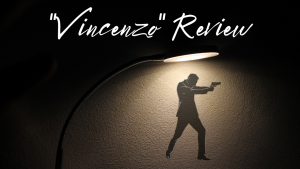Celebrating the Freedom to Read

Photo Credit: AARP
October 22, 2018
Every year since 1982, Banned Books Week has celebrated the freedom to read by highlighting books that have been challenged and banned in schools across the nation. Usually celebrated at the end of September, the week emphasizes the idea that everyone should speak out against censorship of media and especially of books.
The ALA Office for Intellectual Freedom’s list of the top challenged books includes favorites such as Harry Potter, To Kill a Mockingbird, The Catcher in the Rye, and Bridge to Terabithia. The books are banned for all manner of reasons: they contain bad language or taboo topics such as sex and drinking, they have characters who make immoral decisions, they advocate the use of magic and witchcraft, or they support controversial political topics. Whatever the reason, hundreds of books have been banned in American elementary, middle, and high schools, depriving children of the chance of being exposed to new ideas and literature.
This year, Social Studies teacher Maria Valentin’s Advanced Topics Constitutional Law (Con Law) classes commemorated Banned Books Week on Thursday, September 27, in the Learning Commons. After learning about the rights of students in public schools, Con Law students discussed the detrimental effects of banning books and perused the ALA’s list. “What inspired me to organize the activity was the interest students have in government, the Constitution, and the freedom of expression,” explained Valentin. “We had talked about doing this for a couple of years now, and I felt that students should be aware that books are being banned, and it’s sad. It’s an interesting conflict in our democratic society, that we ban books.”
On September 27th, students, either in small groups or individually, picked a short passage from a book that is banned or challenged somewhere in the country. They briefly explained why the book was banned and then read the passage for an audience of fellow classmates. “I was really surprised that even now, we still have banned books. It was quite of disturbing, to be honest,” Danielle Lemisch ’19 said.
Valentin and her students hope the tradition will be continued next year. “As a society right now, we are questioning the freedoms of the press and of expression, and banning books is a timely issue. It’s something we can examine as an example of how we are infringing on these rights,” Valentin concluded.



























